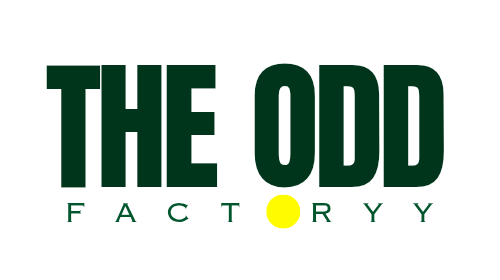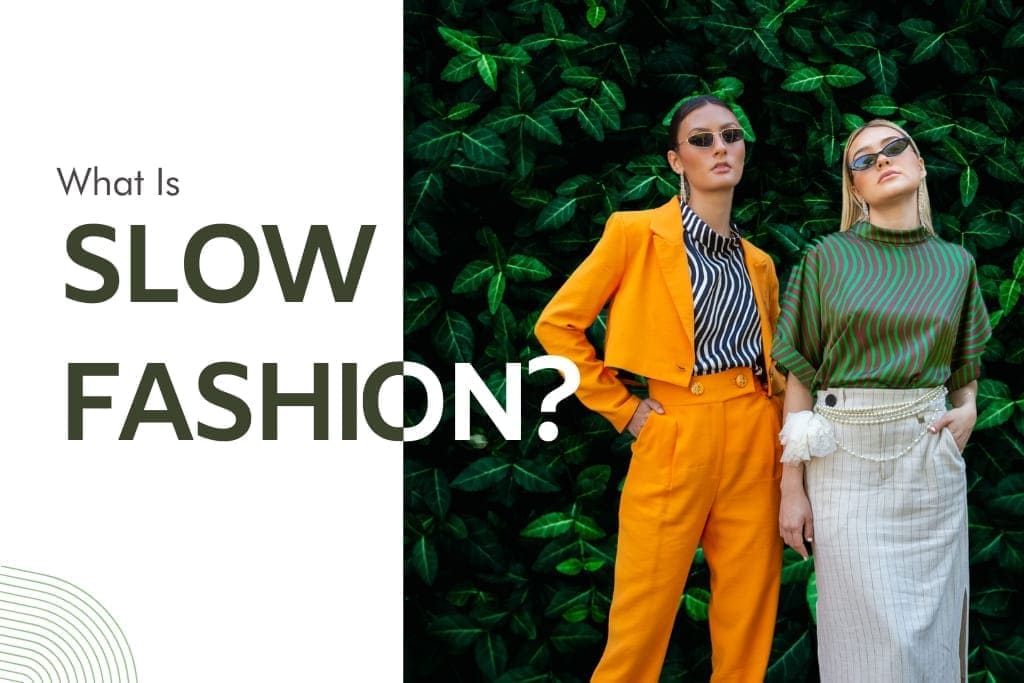In a world where trends change at lightning speed, and fast fashion dominates the market, slow fashion stands as a beacon of sustainability and mindfulness. But what exactly is slow fashion? At its core, slow fashion is a movement that advocates for quality over quantity, timelessness over trends, and ethical production over mass manufacturing. It emphasizes the value of garments that are made to last, considering the entire lifecycle of a piece of clothing—from design to production, and eventually, disposal. The ODD Factory champions this philosophy, promoting practices that respect both people and the planet.
The Beginnings of Slow Fashion
The slow fashion movement began as a response to the environmental and social impacts of fast fashion. It emerged in the early 2000s, inspired by the broader slow movement, which advocates for slower, more deliberate approaches to various aspects of life, including food, travel, and lifestyle. Designers and consumers alike started questioning the true cost of cheap, disposable fashion and began seeking alternatives that promote sustainability, ethical labor practices, and a reduced ecological footprint. The ODD Factory, a pioneer in ethical fashion, has been at the forefront of promoting and practicing slow fashion principles.
Key Elements of Slow Fashion
Quality Over Quantity
Slow fashion prioritizes well-made garments that are designed to last. This focus on quality means that clothing manufacturers invest in better materials and craftsmanship, resulting in products that can withstand the test of time.
Ethical Fashion Practices
Ethical fashion is closely related to slow fashion. It focuses on fair labor practices, ensuring that workers are paid fair wages and work in safe conditions. Ethical clothing manufacturers are committed to social responsibility and often work with artisans and small-scale producers. Brands like The ODD Factory are leading the way in ensuring that their production processes adhere to these ethical standards.
Sustainable Fashion
Sustainable fashion aims to minimize the environmental impact of clothing production. This includes using eco-friendly materials, reducing waste, and implementing sustainable manufacturing processes. Sustainable fashion brands work towards reducing their carbon footprint and preserving natural resources.
Timeless Design
Slow fashion favors timeless, versatile designs over fleeting trends. The idea is to create pieces that can be styled in multiple ways and remain fashionable for years. This approach encourages consumers to buy less but choose better, building a wardrobe of staple pieces rather than a collection of throwaway trends.
Transparency
Transparency is crucial in slow fashion. Brands that adopt slow fashion principles are open about their production processes, sourcing of materials, and the labor conditions in their factories. This transparency builds trust with consumers who are increasingly concerned about the origins of their clothing.
Local Production
Supporting local clothing manufacturers and artisans is another key aspect of slow fashion. This not only reduces the environmental impact of transportation but also helps sustain local economies and traditional crafts.
Benefits of Slow Fashion
The slow fashion movement offers numerous benefits for individuals, communities, and the planet:
1. Environmental Impact
By choosing slow fashion, consumers can significantly reduce their environmental footprint. Sustainable practices such as using organic materials, recycling fabrics, and minimizing waste contribute to a healthier planet.
2. Economic Sustainability
Supporting ethical clothing manufacturers and local artisans helps promote economic sustainability. Fair wages and safe working conditions lead to better livelihoods for workers, fostering economic growth in communities.
3. Quality and Longevity
Slow fashion garments are made to last, reducing the need for frequent replacements. Investing in high-quality pieces can save money in the long run and reduce the accumulation of textile waste.
4. Personal Satisfaction
Wearing clothing that is thoughtfully designed and ethically produced can bring a sense of personal satisfaction and pride. Knowing the story behind each piece and its positive impact on the environment and society adds value to the garment.
5. Cultural Preservation
Slow fashion often involves preserving traditional crafts and techniques. Supporting artisans and small-scale producers helps keep cultural heritage alive and allows these skills to be passed down through generations.
By choosing brands like The ODD Factory, consumers can contribute to a more sustainable and ethical fashion industry.
How Is Slow Fashion Related to Ethical & Sustainable Fashion?
Slow fashion, ethical fashion, and sustainable fashion are interrelated concepts that together promote a more responsible and conscious approach to clothing production and consumption.
Ethical Fashion
Ethical fashion focuses on the welfare of the people involved in the production process. This includes ensuring fair wages, safe working conditions, and respecting workers’ rights. Ethical fashion is an integral part of slow fashion, as it prioritizes the well-being of all stakeholders.
Sustainable Fashion
Sustainable fashion aims to reduce the environmental impact of clothing production. This includes using eco-friendly materials, reducing waste, and implementing sustainable manufacturing practices. Sustainable fashion aligns with the slow fashion movement by promoting environmentally friendly practices.
Slow Fashion
Slow fashion combines the principles of ethical and sustainable fashion to create a holistic approach to fashion. It emphasizes the importance of quality, ethical practices, and sustainability in all aspects of clothing production and consumption.
How to Become Part of the Slow Fashion Movement
Educate Yourself
Learn about the principles of slow fashion, ethical fashion, and sustainable fashion. Understand the impact of your clothing choices on the environment and society. Knowledge is the first step towards making informed decisions.
Support Slow Fashion Brands
Support brands that prioritize slow fashion principles. The ODD Factory, for instance, is a brand committed to ethical and sustainable fashion practices. By choosing to buy from such brands, you contribute to the slow fashion movement.
Share and Swap
Organize clothing swaps with friends or participate in community events where you can exchange clothes. This is a fun and sustainable way to refresh your wardrobe without buying new item
Reduce, Reuse, Recycle
Adopt a minimalist approach to your wardrobe. Buy only what you need, reuse what you have, and recycle old garments. This helps reduce the demand for new clothing and minimizes waste.
Spread Awareness
Share information about slow fashion with friends and family. Use social media platforms to promote slow fashion brands and educate others about the importance of ethical and sustainable fashion.
DIY and Upcycling
Get creative with your wardrobe. Upcycle old garments to give them a new life, or try making your own clothes. This not only reduces waste but also allows you to create unique, personalized pieces.
Support Ethical Brands
Research and support brands that align with the principles of slow fashion. Look for clothing manufacturers that are transparent about their production practices, use sustainable materials, and treat their workers fairly. Websites like The ODD Factory provide a platform for ethical and sustainable fashion brands.
Join The ODD Factory’s Movement for Sustainable and Ethical Fashion
Slow fashion is more than just a trend; it is a movement towards a more sustainable, ethical, and mindful approach to fashion consumption. By prioritizing quality over quantity, supporting ethical clothing manufacturers, and making informed choices, we can contribute to a healthier planet and a fairer society. The ODD Factory is dedicated to promoting sustainable and ethical fashion, offering a range of thoughtfully designed pieces that align with the principles of slow fashion. Together, we can make a positive impact and redefine the future of fashion.



